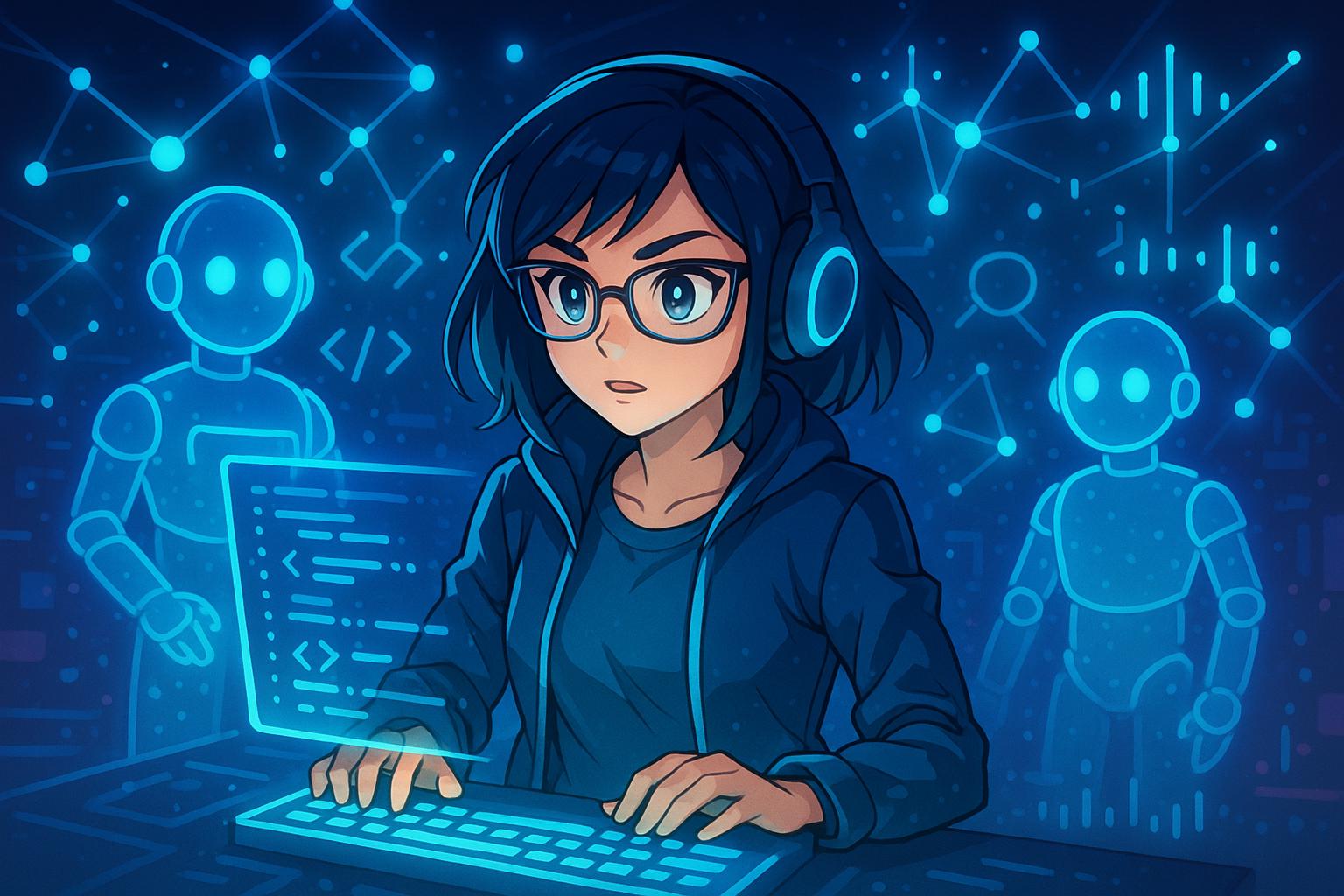Cisco is increasingly focusing on artificial intelligence to enhance developer productivity, with OpenAI’s Codex coding agent at the forefront of this strategy. Codex, a cloud-based platform designed to assist with numerous programming tasks, including writing features, debugging, and proposing code changes, promises to transform the way engineers work. According to Jeetu Patel, Cisco’s Chief Product Officer, the company is investigating how Codex can catalyse a tenfold increase in productivity, allowing ambitious ideas to be actualised faster.
Patel articulated this vision in a recent blog post, positing that “software engineering is incredibly high-leverage.” He emphasised that AI’s ability to manage and improve code serves as a significant advantage across various industries. This exploration extends to Cisco's broader ambitions concerning the integration of AI into its operations, portraying a future where myriad AI agents operate collaboratively. However, the seamless execution of this vision hinges on the development of ultra-fast, low-latency, energy-efficient networks.
This sentiment was echoed by Cisco CEO Chuck Robbins during a recent earnings call, where he highlighted the growing significance of Cisco’s technologies for web-scale customers engaged in AI training. Robbins noted that the network infrastructure is pivotal to facilitating the performance of AI applications, thereby reinforcing the need for advancements in networking technology.
The integration of AI into Cisco’s processes raises questions regarding the potential impact on the workforce. Patel cautiously addressed the implications of implementing such AI-driven technologies. He suggested that attracting top-tier developers is paramount for Cisco, stating that the company aims to provide tools enabling engineers to realise their full potential. This rationale comes in the wake of job cuts within the tech industry, as seen with Microsoft and Cisco, which have both restructured their workforces to align with their AI and cloud strategies. Cisco's Chief Financial Officer, Scott Herren, attempted to mitigate concerns regarding these layoffs, framing the situation as a “reallocation” of resources rather than a simple reduction of headcount.
Despite the uncertain atmosphere surrounding job security, the financial return on Cisco’s AI investments is becoming evident. The networking giant reported a significant increase in sales driven by AI-related infrastructure, surpassing initial forecasts. This uptick included $600 million generated from web-scale customers and $700 million for the fiscal year, demonstrating the commercial viability of their AI initiatives.
The broader implications of AI tools like Codex are being closely observed by industry analysts. While AI can act as a productivity enhancer, experts are wary of the potential for replacing human developers. Kate Holteroff, an analyst at RedMonk, expressed doubts about the immediate operational cost savings often cited by tech executives, noting that AI tools currently serve as assistants and still require human oversight.
The integration of AI within Cisco's products is not limited to software development. In June 2023, the company announced the incorporation of generative AI features across its Collaboration and Security portfolios, enhancing productivity and operational efficiency for enterprise users. This includes new capabilities in Webex that utilise AI for summarising meetings and improving user experience.
Furthermore, Cisco is venturing into network automation by unveiling a plugin called networkGPT, designed to merge OpenAI’s ChatGPT with Cisco’s networking tools. This innovation seeks to facilitate AI-driven interactions for better network management, embodying Cisco's commitment to leveraging technological advancements in operational efficiency.
As AI technology continues to evolve, its role in software development remains a topic of great scrutiny. While tools like OpenAI's Codex and GitHub Copilot are being adopted for their ability to save time and automate repetitive tasks, experts agree that these technologies are not replacements for the nuanced skills of human developers. The future will likely entail a collaborative relationship between AI tools and human expertise, ensuring that the complexities of software development are efficiently navigated while retaining the essential human element.
Reference Map
- Paragraphs 1, 2, 3, 4, 5
- Paragraph 1
- Paragraph 6
- Paragraph 7
- Paragraph 8
- Paragraph 6
- Paragraph 9
Source: Noah Wire Services
